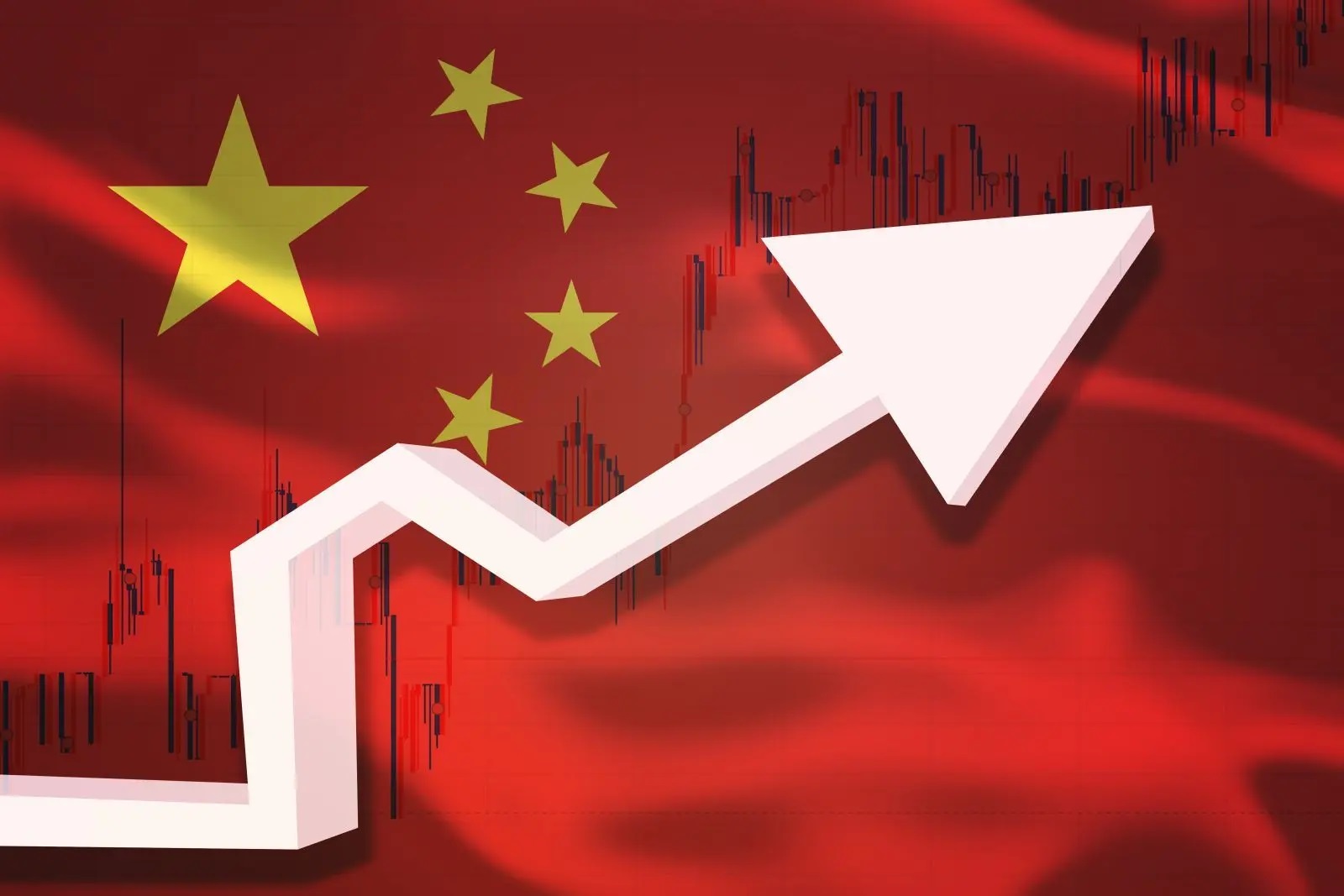Articles
China's Economic Recovery Losing Steam
China's economic rebound slowed down in the second quarter, raising concerns about a recession in the global economy and jeopardizing Beijing's annual growth objective.

China's Economic Recovery Losing Steam
China
China's economy slowed down in the second quarter, leading officials to introduce a number of policies intended to boost demand and prevent deflation. Gross domestic output increased 6.3% less than anticipated from the previous year, when dozens of Chinese cities were under lockdown. GDP increased by a little less than 1% from the first quarter. For the first time since 2020, a price index for the entire economy was negative.
Asia
China's economic rebound slowed down in the second quarter, raising concerns about a recession in the global economy and jeopardizing Beijing's annual growth objective. The data revealed that deflation is now a significant possibility, with prices falling across the economy for the first time since 2020 and youth unemployment rising to exceed 21%.
Despite economists' predictions of a reduction in the following months, Japan's consumer prices increased at a quicker rate in June, providing another sign of continuing inflation stickiness ahead of the Bank of Japan meeting next week.
Europe
The key indicator of price increases for the European Central Bank, euro-area underlying inflation, increased more quickly than initially estimated in June, solidifying the interest-rate increase that is generally anticipated to take place next week. Officials have moved their attention to the narrower metric, which is proving more obstinate, as headline inflation has nearly halved since its peak of 10.6% in October.
Britain's inflation rate fell to its lowest level in 15 months, raising expectations among investors and economists that the Group of Seven countries' worst price spiral may be coming to an end. New predictions present a gloomy picture for the upcoming general election, predicting that Britain's economic growth will lag the euro area next year and that inflation will remain persistently high.
US
An underlying indicator of household spending at the end of the second quarter suggested a more resilient consumer, even if retail sales increased less than anticipated. Sales of so-called control groups, which are not included in the calculation of GDP and do not include food services, auto dealers, home improvement stores or petrol stations, increased by 0.6% in November, which is twice as much as in the previous month.
For decades, motorists on the Brent Spence Bridge, a critical link spanning the Ohio River between Cincinnati and Covington, Kentucky, have faced miles-long traffic jams and horrific wrecks. The bridge has become a symbol of ageing US infrastructure. While the project is now moving forward, it faces cost overruns and delays if planners choose an alternative design for the bridge and its ramps that tries to recreate neighborhoods devastated in the 1950s to make room for a roadway leading to the span. The Biden administration's objectives to reduce project climate impacts, use US-made construction materials, and reconnect communities complicate matters even more.
More than 650,000 American employees are threatening to strike this summer – or have already done so – in a surge of union action unprecedented in the United States in decades.
Emerging Markets (EM)
Peru, Latin America's fastest-growing major economy this century, is confronting an inconceivable situation: a technical recession during a period of global prosperity. The Andean country's GDP shrank by 0.5% in the first five months of the year, surprising economists and confounding the government's claim that "Peru is back" after a period of extreme political turbulence.
Argentina recorded its largest monthly trade deficit on record in June, highlighting the impact of a historic drought that has pushed the economy into a slump.
World
The South African Reserve Bank abruptly paused its longest period of monetary tightening since 2006. Turkey also shocked, with officials reducing the pace of interest-rate hikes while promising to intensify their influence on loan markets through additional methods. Russia raised interest rates for the first time since the emergency measures imposed following its invasion of Ukraine.
According to data collated, a more than $500 billion storm of corporate-debt turmoil is already making ashore throughout the world. The total is almost expected to rise. And this is raising concerns on Wall Street by threatening to halt economic growth and strain credit markets, which are still reeling from the worst losses in decades.

